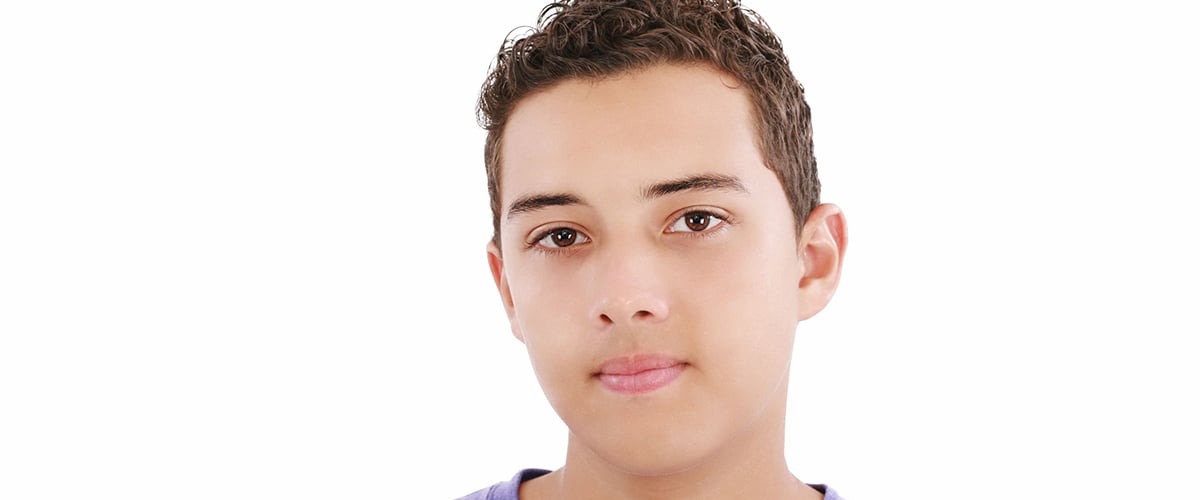
What Taking a “Medication Vacation” Might Mean for Your Child With ADHD
For children with Attention Deficit Hyperactivity Disorder (ADHD), medication can often make a huge difference. While it’s definitely not the answer for every child, finding the right medication can help manage the typical ADHD symptoms of hyperactivity, inattentiveness, and impulsivity in ways therapy alone might not.
But with summer break upon us, and the daily expectations of the school year on hiatus, it’s not uncommon for parents of kids with ADHD to consider taking a “medication vacation.”
If you fall into that camp, it’s probably because just like many beneficial medicines, ADHD medications can often have side effects. It’s natural to want to give your child a break from these, especially if they take medication primarily to help with school-related performance and behavior issues. There’s even a clinical name for this unofficial drug holiday: structured treatment interruption.
On the other hand, you may choose to keep your child on medication year-round because their ADHD symptoms are so significant, or because they’ve had few medication-related side effects.
In the end, there’s no one-size-fits-all answer: it’s up to you, in consultation with your child’s doctor, to make the best choice for your family. But if you’re seriously thinking about having your child take a medication break this summer, there are some things you might want to consider before moving forward.
Some parents have found that their child’s symptoms may reappear or worsen after taking a break from medication, and may impact both their personal relationships and daily functioning. There may also be a lag time for your child’s medications to start working again, and depending on your child and the medication, it may take days or even longer for them to work well.
If you’re not sure whether to let your child take a break from their medication for the summer, there are other options you might consider, in consultation with your child’s doctor. These options include taking a lower dosage, trying a new medication, or substituting other treatments such as neurofeedback (a type of computer training that helps improve children’s attention and ability to learn) or seeing a therapist.
In other words, it doesn’t have to be all or nothing — but taking the time to find the right solution for your child can make a world of difference.
